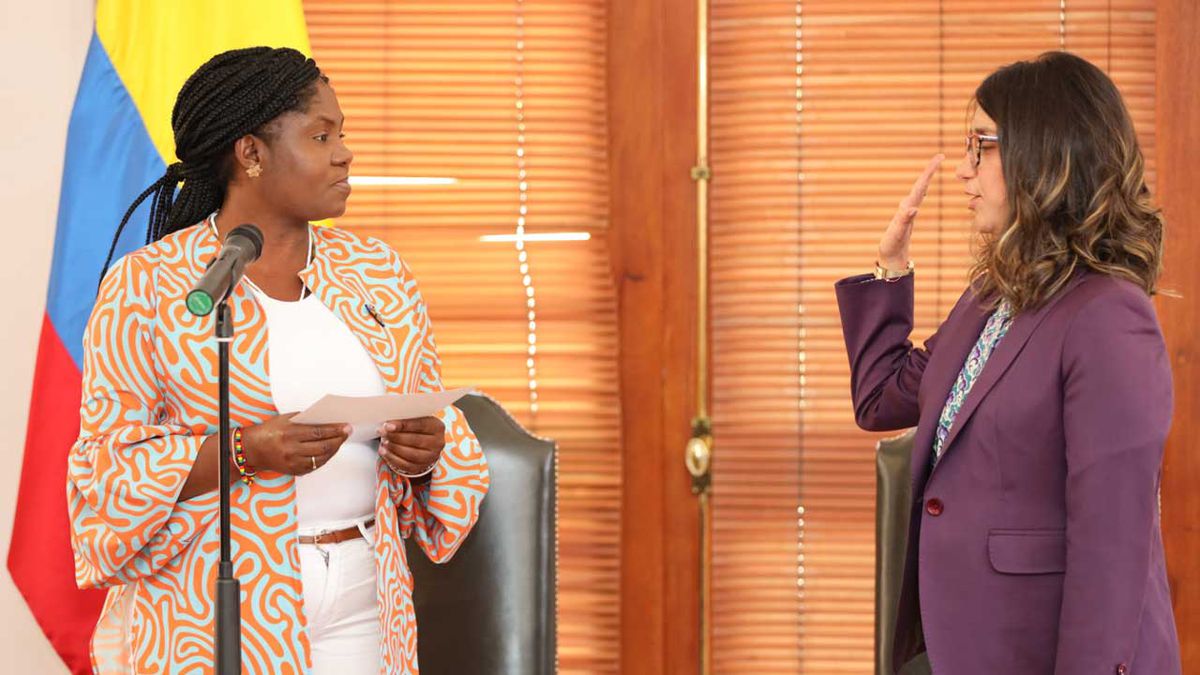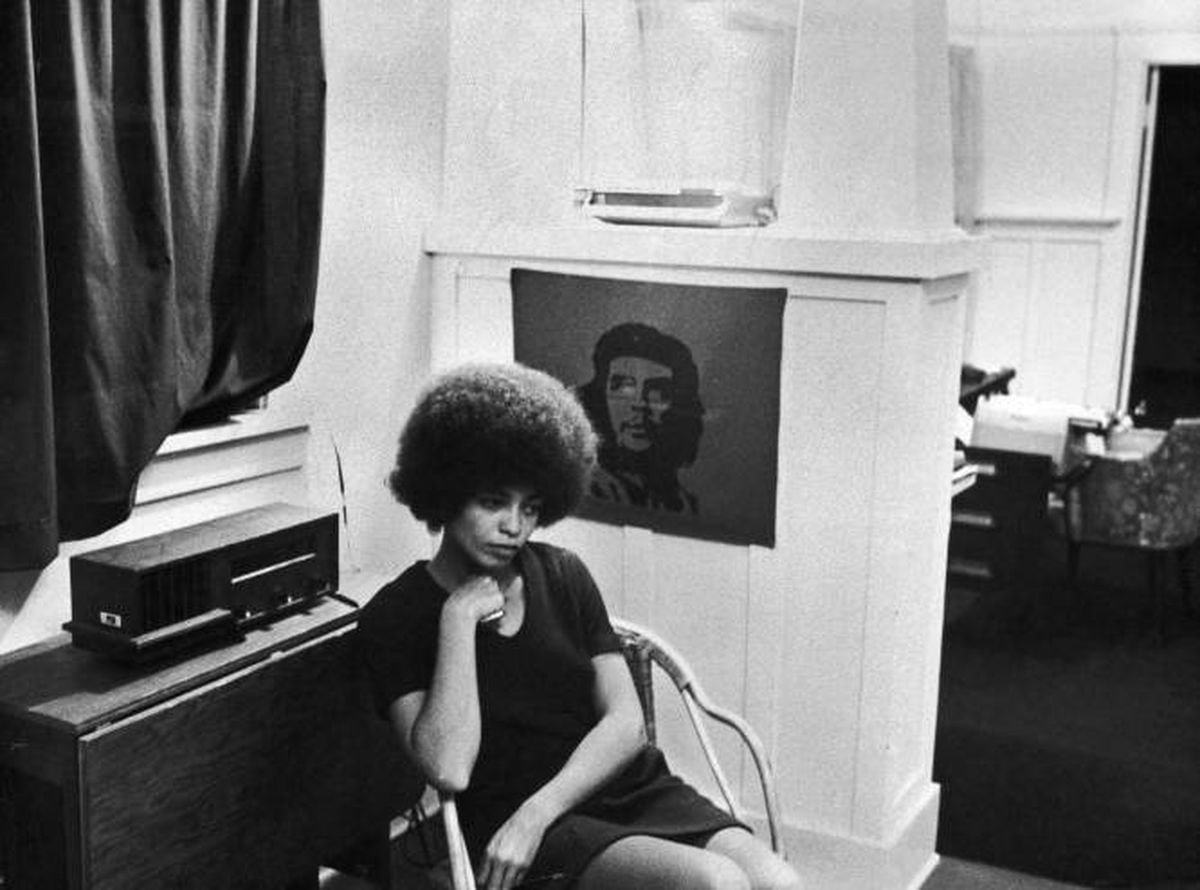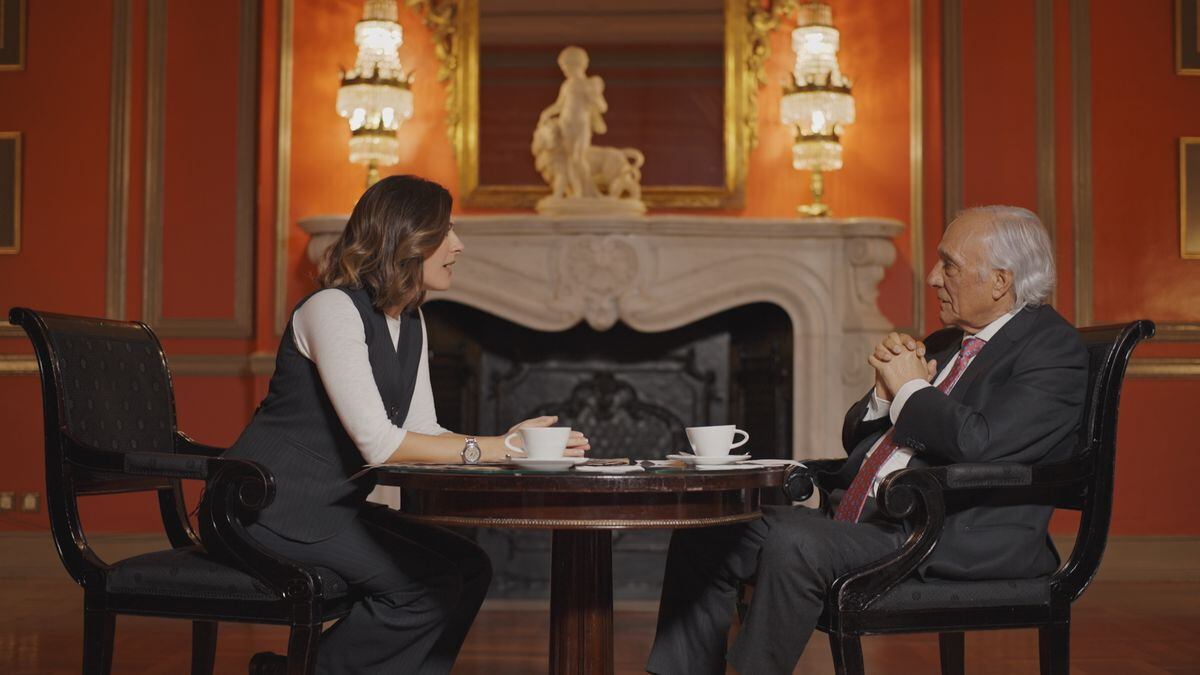Francia Márquez and Claudia Sheinbaum are two pioneering political leaders in Latin America. The vice president of Colombia is the first Afro woman to occupy that position in the first leftist Executive of the Andean country. And the head of the Government of Mexico City is since 2018 the first councilor of one of the largest and most complex cities in the world. This Wednesday they have claimed in dialogue with Pepa Bueno, director of EL PAÍS, the rights of women in a region marked by multiple gender gaps and hit by violence. The table, which has been joined with a recorded intervention by the second vice president of the Spanish Government, Yolanda Díaz, has focused a day organized by this newspaper, in collaboration with Prisa Media, UN Women and the Administration of the Mexican capital, to reflect and debate on feminism, equal opportunities and the participation of women in public life.
The conversation has addressed issues such as the relationship with power, structural machismo and the scope of institutions to drive meaningful change. "Women do not reach the spaces of power to be vases," Francia Márquez made clear, who clarified in any case that "the end of change is not in government offices." The greatest purpose and real power is to be able to guarantee the rights of people," continued the vice president of Colombia before mentioning the onslaught of the most conservative sectors of her country against her work. "The attacks on me are not only for what I propose, but for what I represent, how I dress, how I express myself, how I behave. When I see these classist and racist attacks and aggressions, that is being a profound critique of the intersectionality of race, class and gender," he summarized.
Claudia Sheinbaum, Pepa Bueno and those attending the dialogue listen to the message of Yolanda Díaz in the Jaime Torres Bodet auditorium of the National Museum of Anthropology.Gladys Serrano
Sheinbaum defended the coincidence between the defense of democracy and the vindication of women's rights. "In the struggle for democracy we fight for the presence of women in the public sphere," said the head of the Government of Mexico City. "When we fight for the rights of public education, we also fight for women's rights, when we talk about public health or when we talk about decent work, we fight for women's rights," she said. At the same time, she recognized that the fact that women reach positions of popular election allows them to influence from the State so that public policies serve to improve the inequalities that women face.
The head of the Government of Mexico City also said that the promotion of women in politics also serves to "raise awareness" about the need for their presence in the highest public spheres. She noted that socializing this debate can also curb hate speech against women and other vulnerable groups. "We are against any form of discourse that includes racism, classism and racism," he said.
Pepa Bueno asked both leaders if the president of Colombia, Gustavo Petro, or that of Mexico, Andrés Manuel López Obrador, whom Sheinbaum aspires to succeed in 2024, are feminists. Márquez chose to respond by referring to the premises of the position he occupies. "Machismo and patriarchy run through all men until we deconstruct those structures," he said. The head of government avoided a direct answer in any direction and focused on describing the changes that in the last five years the public administration has submerged in terms of women. "It is when more women are occupying more public positions," she added, as a nod to the government's policy of parity and representation. "For the first time there is a parity cabinet, for the first time there is a director of the Bank of Mexico or the National Electoral Institute," he said after recalling some words of the president, who on March 8 said that "the 4-T is already feminist." Even so, Sheinbaum admitted the existence of macho behaviors even among peers.
Claudia Sheinbaum greets some of the attendees upon arrival at the event. Gladys Serrano
The conversation has addressed the frightening figures of femicides in Latin America. Last year closed with more than 4,000 femicides and to that we must add impunity rates above 95% and the fact that in most cases the authorities do not classify the murders of women as femicides. The data, however, are alarming in all areas, starting with the lack of economic independence, one of the variables that most hinder the development of women. Sheinbaum pointed out that 29% of women in Mexico are economically dependent on someone else, for example. "In most cases, it is not your own choice, it is because society has imposed it," he said.
The second vice president of the Government of Spain, Yolanda Díaz, emphasized in her intervention the common causes of the feminist struggle and expressed solidarity with Márquez and Sheinbaum. "Mexico City, Colombia and Spain have changed a lot. Today they have governments that protect people, women and the planet," said Díaz, claiming a leading role for women and recalling their responsibility to carry out the pending transformations, especially in the climate field.
After this meeting, the day, which was sponsored by Iberdrola Mexico and Telefónica and took place at the Museum of Anthropology in Mexico City, continued with a debate moderated by Gabriela Warkentin, journalist of W Radio, on the participation of women in politics in the region with Myriam Méndez, coordinator of the Colombian organization Valiente es Dialogar, the French deputy Eleonore Cariot and Marcela Aguiñaga, perfect of the Provincial Government of Guayas, in Ecuador. Former Chilean President Michelle Bachelet joined in with a video message.
The head of government of Mexico City says goodbye to the attendees. Gladys Serrano
Subscribe hereto the newsletter of EL PAÍS Mexico and receive all the informative keys of the current situation of this




/cloudfront-eu-central-1.images.arcpublishing.com/prisa/L6TCOQ5HGZCWTOW6YNBMMGDKBA.jpg)
/cloudfront-eu-central-1.images.arcpublishing.com/prisa/ROUPNH6I55BCHIXUOGEHSJZB6Y.jpg)


/cloudfront-eu-central-1.images.arcpublishing.com/prisa/NEGYGNMGUJHJ3HCV3J22OXOYZQ.jpg)
